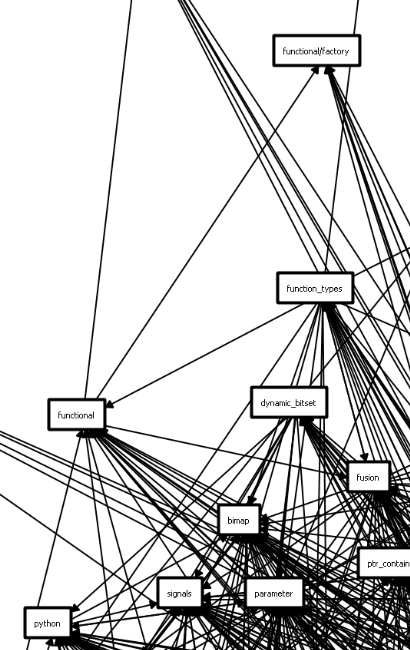C++ REST SDK in Visual Studio 2013 -- Marius Bancila
 This open source REST SDK also supports Linux...
This open source REST SDK also supports Linux...
C++ REST SDK in Visual Studio 2013
by Marius Bancila
From the article:
The C++ REST project provides a modern asynchronous C++ API for cloud-based client-server communication. ...
The following example shows how to retrieve and display some JSON content....

 The "universal references" term is getting traction:
The "universal references" term is getting traction:
 Bjarne Stroustrup spoke at this summer's ACM International Collegiate Programming Contest World Finals held in St. Petersburg, Russia. While there, he also gave this 8-minute interview in the context of balancing efficient code with the out-of-the-box problem solving required by ICPC problem challenges.
Bjarne Stroustrup spoke at this summer's ACM International Collegiate Programming Contest World Finals held in St. Petersburg, Russia. While there, he also gave this 8-minute interview in the context of balancing efficient code with the out-of-the-box problem solving required by ICPC problem challenges. This is a pretty cool little project:
This is a pretty cool little project: From the desk of ARK:
From the desk of ARK: The Stellar Group at Louisiana State University has released version 0.9.6 of High Performance Parallex (HPX) for Linux, MacOS, Windows, and Android.
The Stellar Group at Louisiana State University has released version 0.9.6 of High Performance Parallex (HPX) for Linux, MacOS, Windows, and Android.